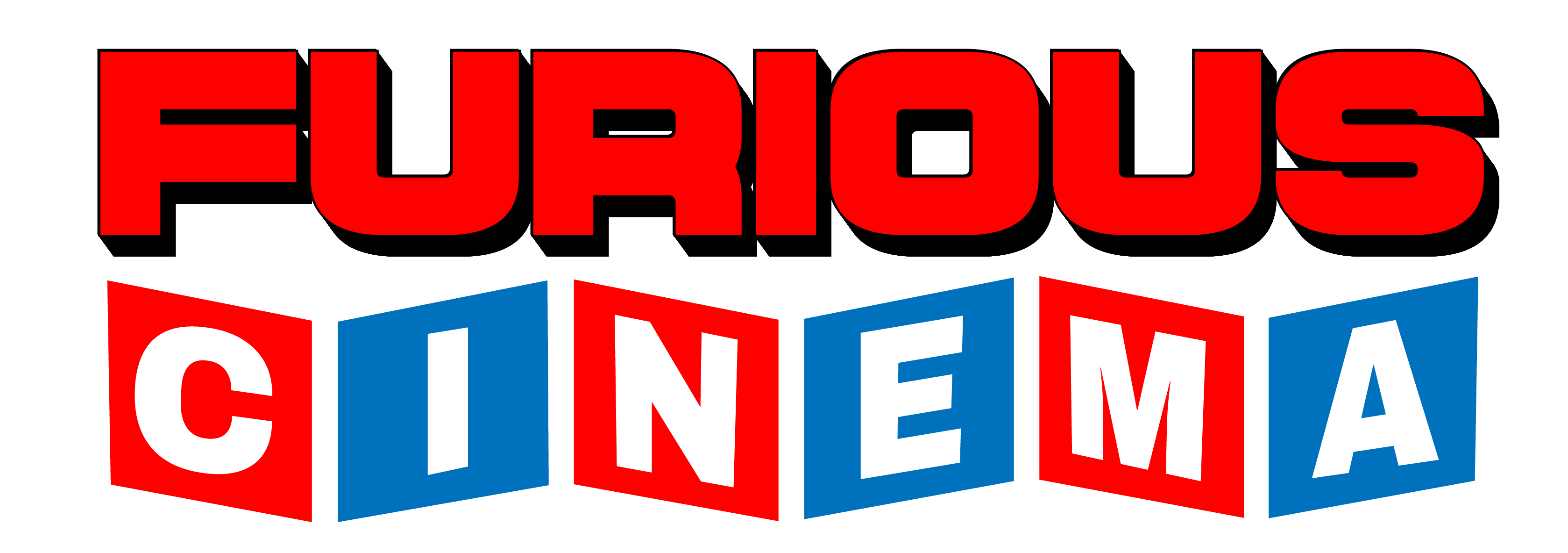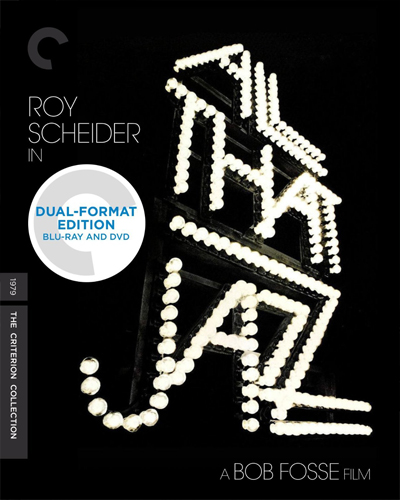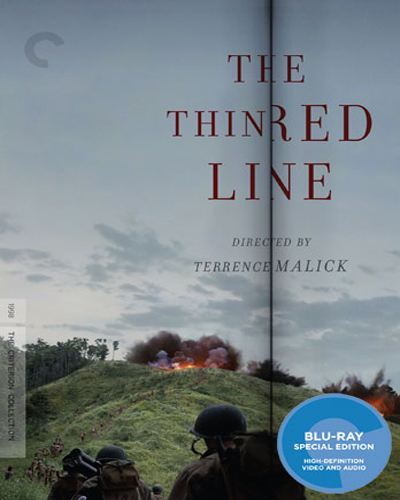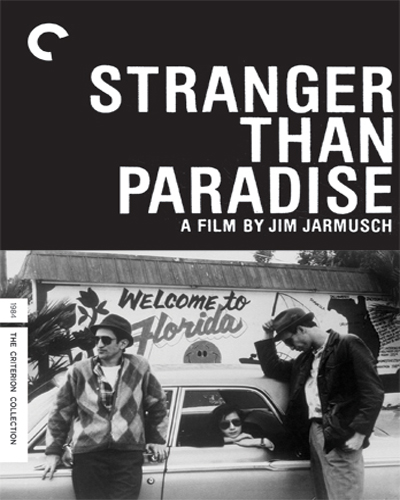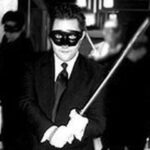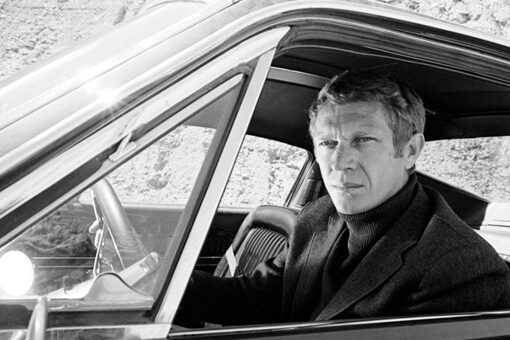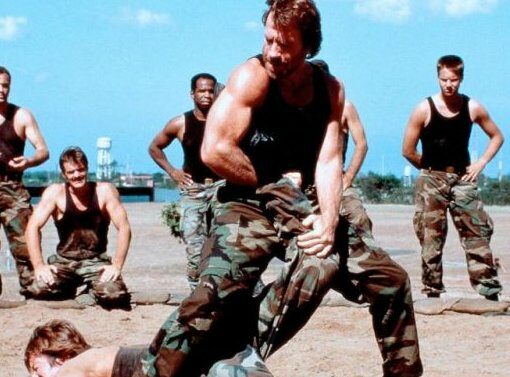If you collect movies on home video, Criterion is one of the legendary companies that have represented a deep appreciation and conservation of cinema in that format since 1984. Their first wave of releases were on Laserdisc and a decade or so later in 1998 they moved into the DVD market. Over the years they have given a gift to movie aficionados by making available hundreds of international cinema classics for their home viewing enjoyment. Criterion is well known for their attention to excellence in how they produce and promote their titles. Whenever you hear of a favorite film that’s getting the “Criterion treatment” you simply know it’s a must own for your library. Without further ado, here’s our new list of 100 Furious Criterion Classics (a 10 part series) we love and recommend to readers for purchase. You can help support this site and our greater Cine-Coalition Network by buying the DVDs/Blus directly from Amazon. We Thank You!
CRITERION PICKS: PART ONE – TWO – THREE – FOUR – FIVE – SIX – SEVEN – EIGHT – NINE – TEN
All That Jazz (1979, Dir: Bob Fosse)
This semi-autobiographical musical fantasy that’s been compared to Fellini’s surreal masterpiece 8 1/2 stars Roy Scheider as Joe Gideon (Fosse’s alter ego) a Broadway theater director who experiences an existential crisis due to his extreme lifestyle. As Gideon continues to push himself to the unhealthy limits by overworking, taking drugs, chain smoking and having sex, his friends and co-workers begin worrying about him. The movie was directly inspired by Fosse’s own experiences while editing his 1974 film Lenny while also producing the 1975 Broadway production of Chicago (which features the song the movie’s title was taken from). All The Jazz is the kind of film that even non-fans of the musical genre can appreciate due to its raw, edgy truth. It is like a shot of adrenaline to the cineaste heart. Winner of the 1980 Palme d’or at Cannes.
White Dog (1980, Dir: Samuel Fuller)
Kristy Swanson plays Julie Sawyer a young actress who adopts a stray dog after accidentally hitting it with her car. Not long after, she discovers the German Shepherd is actually a “white dog”, i.e. trained to attack only black people. Julie seeks help from a black trainer named Keys (Paul Winfield) who tries to re-condition the vicious racist canine and make him normal again. Although the movie is presented as an eco-thriller on the surface it’s essentially about the dangers of racism and examines whether it is a curable issue or not. White Dog was released in 1982 but due to the controversial content it was heavily suppressed by Paramount Pictures. Over the past few decades its been re-evaluated by film enthusiasts and has become a cult classic. Co-starring Jameson Parker, Burl Ives and a score by Ennio Morricone.
The Thin Red Line (1998, Dir: Terrence Malick)
An epic anti-war masterpiece that was Malick’s return to directing after a 20 year absence. The fictionialized story, based on the real Battle of Mount Austen with the Japanese, follows a group of WWII infantry soldiers in C Company, 1st Battalion, 27th Infantry Regiment, 25th Infantry Division on Guadalacanal Island in the Pacific Theater. Malick takes us with the men through their life altering journey into the bloody, burning heart of war. It is a beautifully photographed, unique work of emotionally stirring, visceral cinema that has trademark Malick narration and features incredibly intense performances by its all star cast which includes Sean Penn, Jim Caviezel, Nick Nolte, John Cusack, George Clooney, John Travolta, Woody Harrelson, Elias Koteas, Adrien Brody, John C. Reilly and Jared Leto.
La Strada (1954, Dir: Federico Fellini)
Director Fellini’s real wife Giulietta Masina stars as Gelsomina a tender, playful young woman who works in a traveling circus as a clown with the brutish, cruel strongman Zampano (Anthony Quinn). The story, which Fellini claimed was “a catalogue of his entire mythological world”, is filled with adventure, humor, love and tragedy. It is a film that really hits hard on an emotional level due to the contrast of Masina’s portrayal of kind innocence with Quinn’s hateful wrecklessness. La Strada was one of Fellini’s most difficult productions and marked his break from the popular Italian neo-realism period. It remains one of the most influential movies of its time.
Medium Cool (1969, Dir: Haskell Wexler)
A powerful experimental film made at the height of the 60s counterculture movement that blended the documentary style of cinema verite with fictional drama to create an intriguing, groundbreaking vision of political/social turmoil. Robert Forster plays TV news cameraman John Cassellis who becomes disallusioned with his job after finding his company is providing the FBI with information taken from different journalists. The most memorable scenes were filmed during a real riot that took place at the 1968 Democratic National Convention in Chicago which was set within the story by Wexler. Co-starring Verna Bloom, Marianna Hill.
The Killers (1946/64/Robert Siodmak/Don Siegel)
This double feature release contains two different versions of films based on Ernest Hemingway’s short story The Killers. The original film noir was released in 1946 and starred Burt Lancaster as Ole “The Swede” Andreson a man on the run from the mob. When The Swede is gunned down by two hitmen, a life insurance investigator (Edmund O’Brien) finds out through various friends about what exactly happened to The Swede leading up to his death. While the opening of the film was true to Hemingway’s work, the rest of the story with Reardon was completely original. Don Siegel’s stylized color neo-noir adaptation was originally to be a Made for TV movie in 1964 but due to the violent content, it was released theatrically instead. This version starred John Cassavetes as Johnny North a race car driver who is hired as a wheelman for a robbery set up by a sadistic criminal played by…Ronald Reagan! As in the original, North is murdered at the opening by two hitmen (Lee Marvin and Clu Gulager) hired by his former associates. The difference is the men later find out about the million dollars Johnny was involved in stealing and decide to track down his former friends and associates to find what happened to the loot. Siegel’s use of graphic violence in The Killers would go on to influence the action in Bonnie & Clyde and The Wild Bunch. Co-starring Angie Dickinson, Claude Akins, Norman Fell.
Wise Blood (1978, Dir: John Huston)
Based on a novel by Flannery O’Connor, Brad Dourif plays Hazel Motes, a war (unspecified) vet that returns to his home in smalltown Tennessee and takes up preaching under his own religious organization called “The Church of Truth Without Christ”. Motes travels on the road in his old junker to spread the negative beliefs while spouting phrases like “Where you came from is gone, where you thought you were going to never was there, and where you are is no good unless you can get away from it.”. His theory that there is no God, afterlife, or sin obviously causes controversy with the people but he also has a strange charm that gets them to listen. On his journey, he has flings with several women including young Sabbath Lily Hawks (Amy Wright) the daughter of a fellow preacher (Harry Dean Stanton) but due to his obsession with the Church and a borderline sociopathic personality he can’t have stable relationships. One gets the sense that Hazel’s war experiences definitely soured him on God and the idea of heaven. An offbeat, darkly funny rarity from John Huston’s later years in the business. Co-starring John Huston, Harry Dean Stanton, Ned Beatty.
Stranger Than Paradise (1984, Dir: Jim Jarmusch)
John Lurie, Richard Edsen and Ezster Balint star in this quirky, sparse, low budget absurdist comedy that is almost exclusively shot in enclosed spaces (cars, apartments, hotels, diners). Jim Jarmusch was able to make them feel big and spacious through his intimate style of shooting. While his characters aren’t flashy, their affable personalities and simple, ‘take things as they come’ outlook on life just makes them all the more endearing. They’re not just people on the screen, they become your friends as you spend time with them. An early Jarmusch indie gem that is highly rewatchable.
Straw Dogs (1971, Dir: Sam Peckinpah)
Based on the novel “The Siege of Trencher’s Farm” this film was one of the most controversial of Peckinpah’s legendary career. A quiet mathematician David Sumner (Dustin Hoffman) and his wife Amy (Susan George) move back to her hometown in Cornwall, England after leaving America because of the growing anti-war protests. When David’s work becomes his main focus, Amy begins flirting with several local men that have been hired to do construction on their home. This is the spark which ignites the film’s explosive fire. Like his western The Wild Bunch (1969) this is another study of the male character, in particular what occurs when a peaceful human being is pushed to the brink and reverts back to a primal animal state.
The Bicycle Thieves (1948, Dir: Vittorio De Sica)
Italian masterpiece which stars Lamberto Maggiorani as Antonio Ricci, an unemployed man from post WWII Rome who is desperate to keep his family together. When good fortune grants Antonio a job, he is eager to accept but needs a bicycle for the particular kind of work. Luckily his wife is able to raise enough funds to get his old bike back from the pawnshop. While working on his first day, a young man steals his bike and Antonio tries to catch him but can’t. Out of work once again, Antonio and his young son Bruno (Enzo Stailoa) begin searching for the bike all over town as his desperation grows, causing him to question his own moral limits. A prime example of neo-realism at its finest and how the films of that genre could create gripping drama and tense emotion from personal stories based in everyday life. The Bicycle Thieves remains an engrossing, timeless work that is an essential release from Criterion.
Check out PART ONE and PART TWO of our 100 Criterion Classics series
